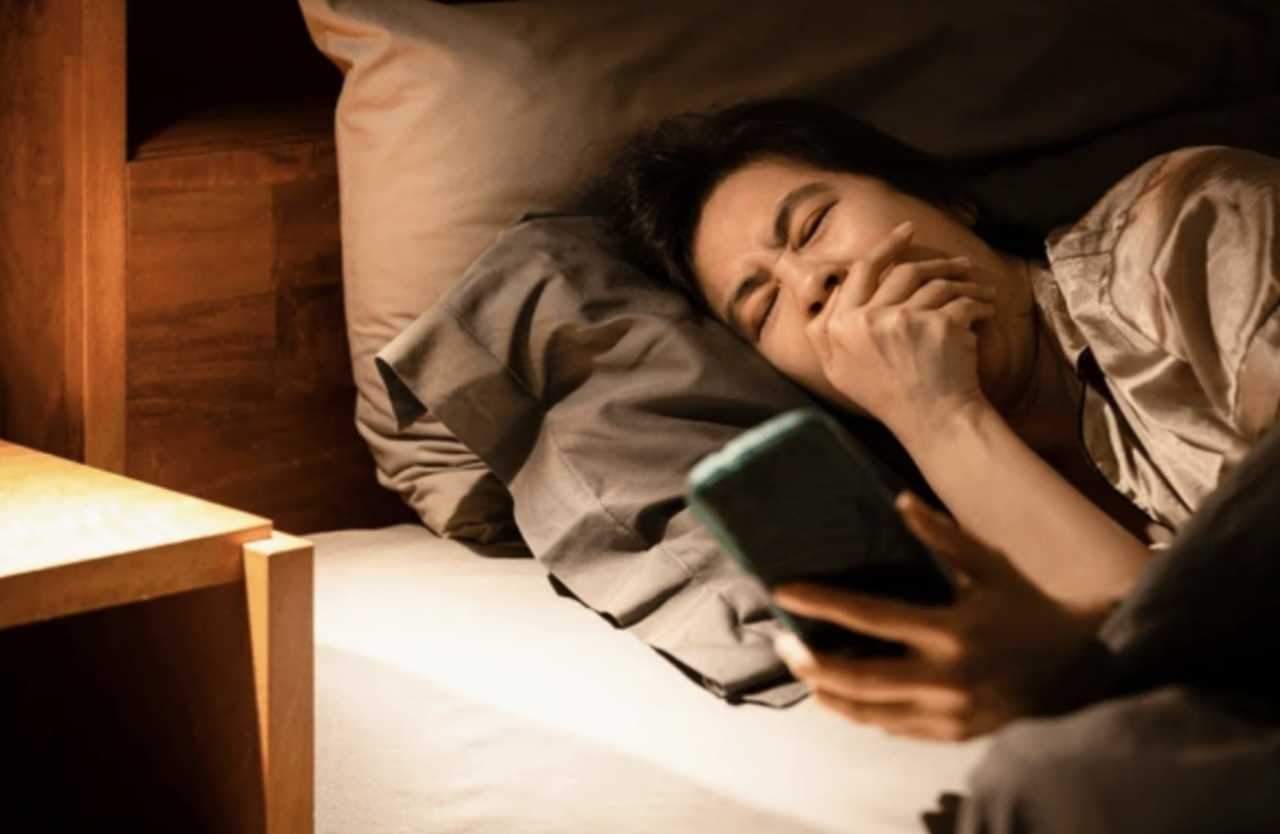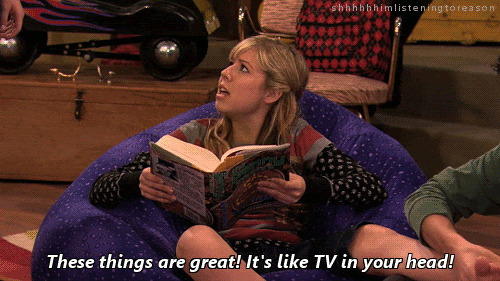When screens, sleep, and social media collide

Image: Shutterstock
Screen time right before bed isn't the best idea for achieving great sleep—but if you do partake, it may be better to throw on your favorite Netflix show than doomscroll for eternity.
That's according to a new study suggesting screen time alone isn't to blame for poor sleep, but rather how often people check social media—and how emotionally engaged they are while scrolling.
Sleep screening
Led by social psychologist and sleep researcher Brian N. Chin, the study examined 830 young adults to determine how different types of social media engagement impacted sleep problems. In addition to measuring overall time on social media, the researchers also gauged how emotionally connected participants felt and whether this had a subsequent effect on their sleep.
The results: Frequent social media visits and higher emotional investment were stronger predictors of poor sleep compared to overall screen time, researchers found. The emotional investments that most impacted sleep patterns were social comparison, reading emotionally charged news, and fear of missing out (FOMO).
But other scientists disagree. Recent research into sleep, screens, and social media has produced more mixed signals than a Tinder situationship. A similar 2022 study found screen use itself is the main factor that leads to sleep disruption—regardless of whether it comes from scrolling social media, streaming, gaming, etc.
Share this!
Recent Media & Entertainment stories

Media & Entertainment
| April 15, 2025Americans aren’t going to see Hollywood’s original movies
…two examples from this past weekend:
- Drop, a Christopher Landon-directed thriller, opened to ~$7.5 million domestically.
- Disney’s The Amateur, a spy thriller adapted from a little-known 1981 book, opened to an estimated $15 million.

Media & Entertainment
| April 11, 2025Americans love to read—so why aren’t we?
📖 A recent poll by NPR/Ipsos found that most American adults look at reading the same way a chocolate lab looks at a tennis ball—but can’t find the time to sit and turn the pages themselves.

Media & Entertainment
| April 7, 2025"A Minecraft Movie" notches another win for video game adaptations
🍿 Minecraft earned $157 million at the domestic box office in its opening weekend, making it not only the biggest domestic debut of the year but also the best in history for a video game adaptation.
You've made it this far...
Let's make our relationship official, no 💍 or elaborate proposal required. Learn and stay entertained, for free.👇
All of our news is 100% free and you can unsubscribe anytime; the quiz takes ~10 seconds to complete